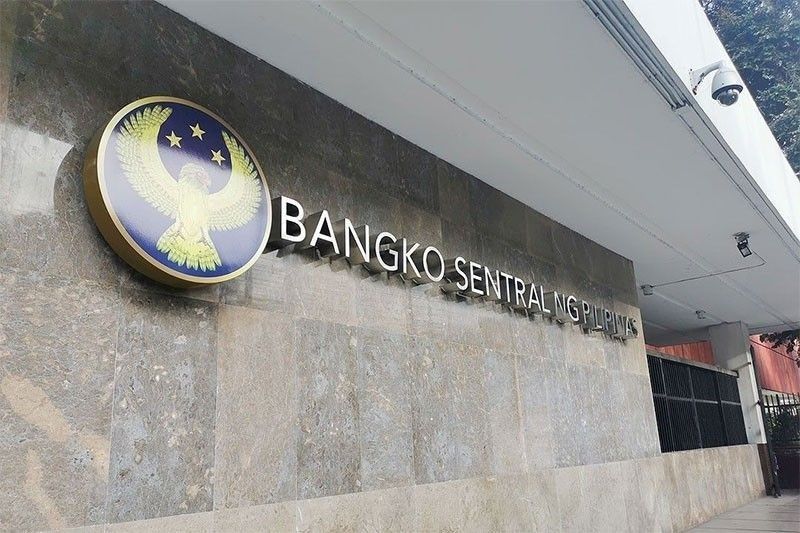BSP delivers another 25-bp rate cut

As inflation pressures recede
MANILA, Philippines — As widely expected, the Bangko Sentral ng Pilipinas (BSP) continued its easing cycle yesterday, slashing borrowing costs anew via a 25-basis-point rate cut as inflation pressures recede, with another reduction likely before the year ends.
In a briefing following the Monetary Board’s policy review, the BSP brought down its target reverse repurchase rate to six percent from 6.25 percent, in its second straight easing after four years.
Interest rates on the overnight deposit and lending facilities were likewise adjusted downward to 5.50 percent and 6.50 percent, respectively.
BSP Governor Eli Remolona Jr. said price pressures remain manageable especially after inflation significantly eased to a four-year low of 1.9 percent in September.
This prompted the BSP to lower its risk-adjusted inflation forecast for this year to 3.1 percent from 3.3 percent previously.
Given the better-than-expected inflation forecast for the year, Remolona said another 25-basis-point reduction during its last meeting in December is possible.
“For now, at least, the easing that we have been doing and we might do, that will keep the inflation rate within the target range,” Remolona said.
The BSP chief also did not rule out a 100-basis-point easing for 2025, but admitted that such magnitude is on the dovish side.
“We prefer to take baby steps in terms of adjusting the policy rates, meaning 25 basis points at a time, but not necessarily every meeting,” he said.
While inflationary pressures will continue to weaken for the rest of the year, the BSP slightly increased the risk-adjusted inflation forecast to 3.3 percent from 2.9 percent for 2025 and to 3.7 percent from 3.3 percent for 2026.
This is mainly due to potential adjustments in electricity rates and higher minimum wages in areas outside Metro Manila.
On the other hand, downside factors continue to be linked to the impact of lower import tariffs on rice.
BSP Assistant Governor Zeno Abenoja said the slight uptick in inflation is also due to higher global oil prices as well as the positive base effects in the last 12 months.
On the upside, the BSP is still expecting domestic economic growth to continue to be strong, reflecting improved prospects for household income and consumption, investments and government spending.
Still, the BSP emphasized that it would continue to monitor the emerging upside risks to inflation, including geopolitical factors.
“We will maintain a measured approach in our easing cycle to ensure price stability conducive to sustainable economic growth and employment,” Remolona said.
In a commentary, Capital Economics assistant economist Harry Chambers said the looser monetary policy stance of the BSP would continue in the coming quarters.
This is due to the further slowdown in gross domestic product (GDP) in the third quarter on the back of a combination of tighter fiscal policy and weak export demand.
“Falling food price inflation and slower growth should keep a lid on inflation,” Chambers said.
Just like the BSP, Capital Economics is looking at another 25-basis-point cut in the December meeting. But it penciled in a 100-basis-point reduction for 2025 for rates to settle at 4.75 percent.
Pantheon Macroeconomics chief emerging Asia economist Miguel Chanco, for his part, said the BSP’s pace of easing would be stepped up to 50 basis points each time from the December meeting until the benchmark rate falls to a terminal level of four percent by mid-2025.
Chanco said the lower third quarter GDP expectation would likely induce a greater sense of urgency on the Monetary Board.
“Fiscal policy is in no position to provide meaningful support and monetary policy will remain historically tight on an inflation-adjusted basis even if the BSP steps up the pace of cuts to 50 basis points, reflecting the aggressiveness of the 2022 and 2023 hiking cycle and the now-subdued rate of price gains,” he said.
On the other hand, Sunny Liu of Oxford Economics cautioned the BSP of moving ahead of the US Federal Reserve as this increases the risk of a weaker currency, which has been under pressure since the start of the month.
- Latest
- Trending































